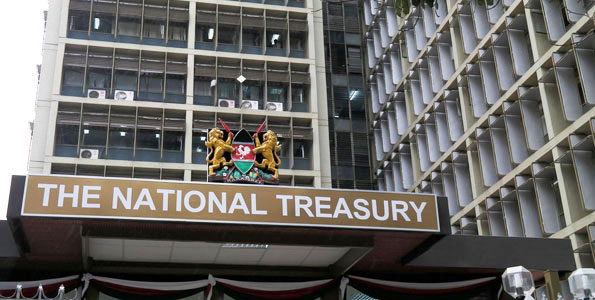The Supreme Court is set to determine the legality of Section 13(2) of the Income Tax Act, which allows the National Treasury to grant tax exemptions through gazette notices. The contentious provision, which has enabled exemptions for foreign-funded projects tied to bilateral and multilateral agreements, has sparked a prolonged legal battle that now awaits final resolution at Kenya’s highest court.
The matter has gained renewed attention following a July 22 ruling by High Court Judge Chacha Mwita, who struck out a fresh petition challenging the constitutionality of the provision. The petition, filed by Magare Gikenyi, was dismissed on procedural grounds as the issue is already pending before the Supreme Court in Petition E006 of 2025.
Justice Mwita acknowledged that the petition raised serious constitutional concerns regarding public finance management and executive powers. However, he emphasized the importance of judicial consistency and respect for the hierarchy of courts, stating it would be inappropriate for the High Court to rule on a matter under active consideration by a superior court.
Rather than dismissing the case, Mwita opted to strike it out to allow the petitioner the opportunity to return to court depending on the Supreme Court’s final ruling. “Once the Supreme Court renders its decision, you can always file another petition,” he advised.
The origins of the dispute trace back to a petition by Eliud Matindi, which in 2023 led the High Court to declare Section 13(2) unconstitutional. The court ruled that the provision violated Article 210 of the Constitution, which demands that all tax matters be legislated by Parliament.
However, the Attorney General and the National Treasury successfully appealed, and in Civil Appeal E330 of 2023, the Court of Appeal upheld the legality of the provision. The appellate judges viewed it as a permissible form of delegated legislative authority under Article 94(5) and noted that such exemptions, especially those tied to international agreements, did not necessitate full public participation.
The Supreme Court’s upcoming decision will be pivotal in clarifying the constitutional boundaries of executive power over taxation and public finance, potentially reshaping how future exemptions are granted in Kenya.

